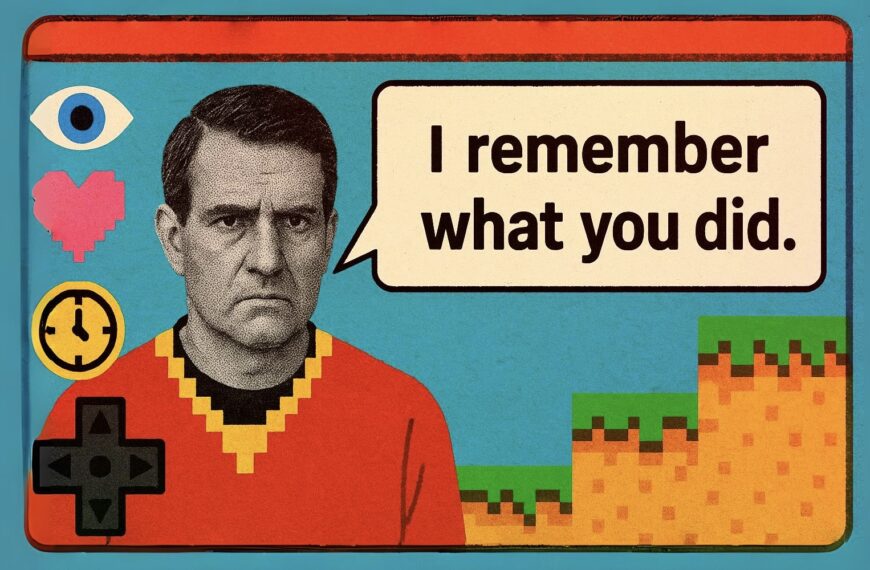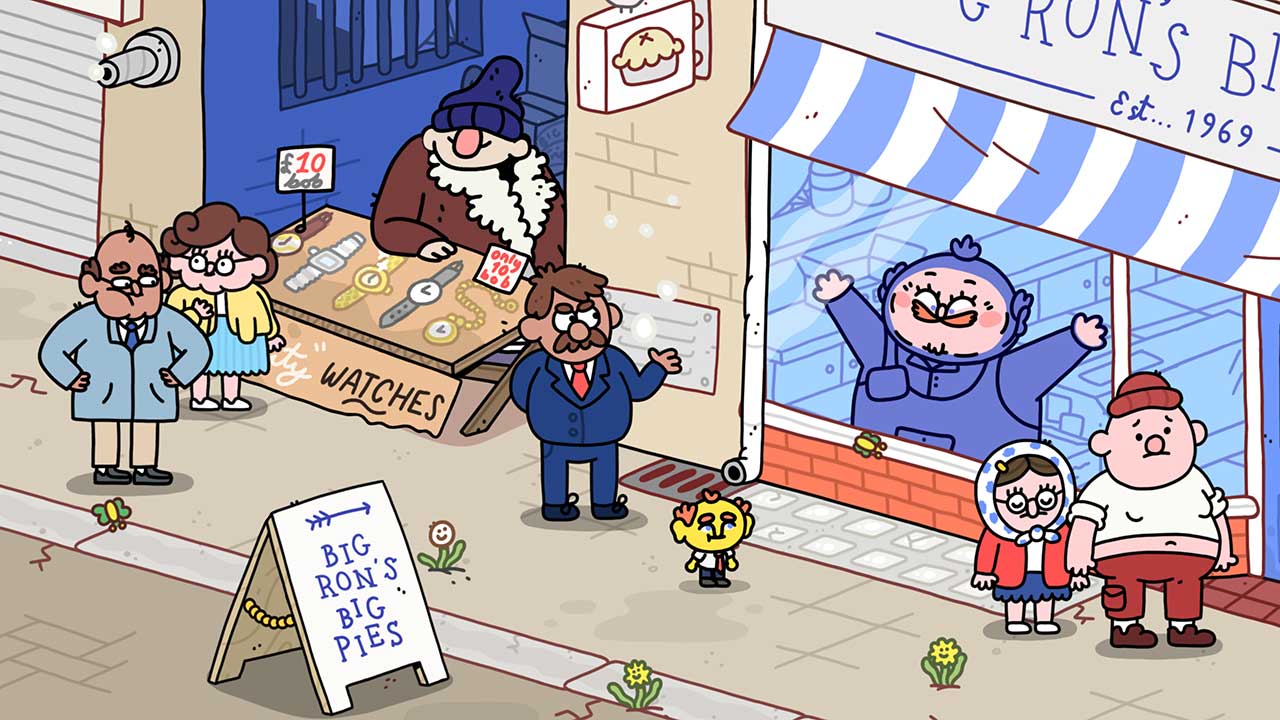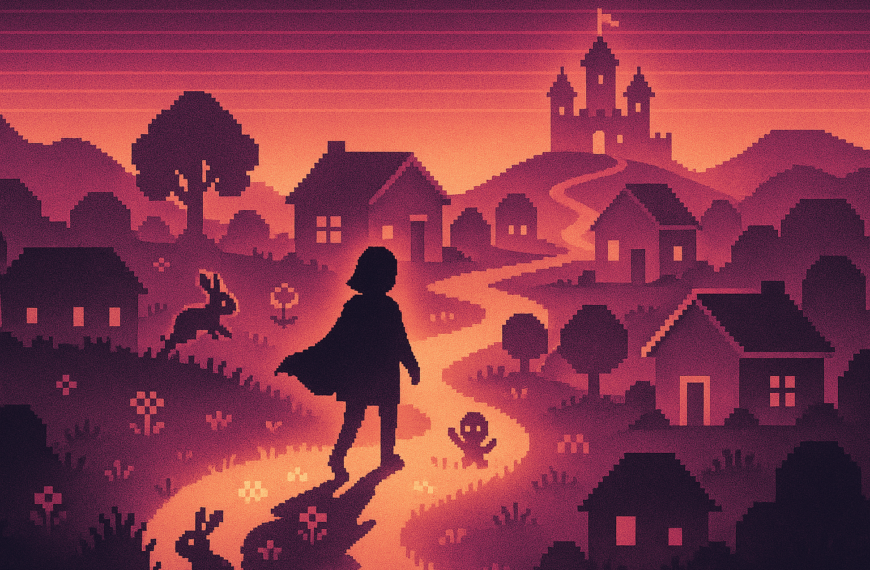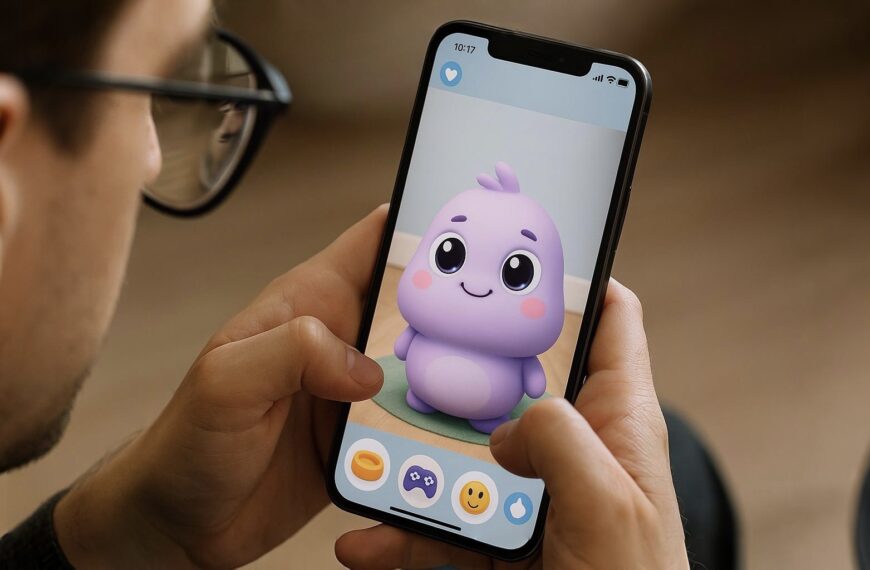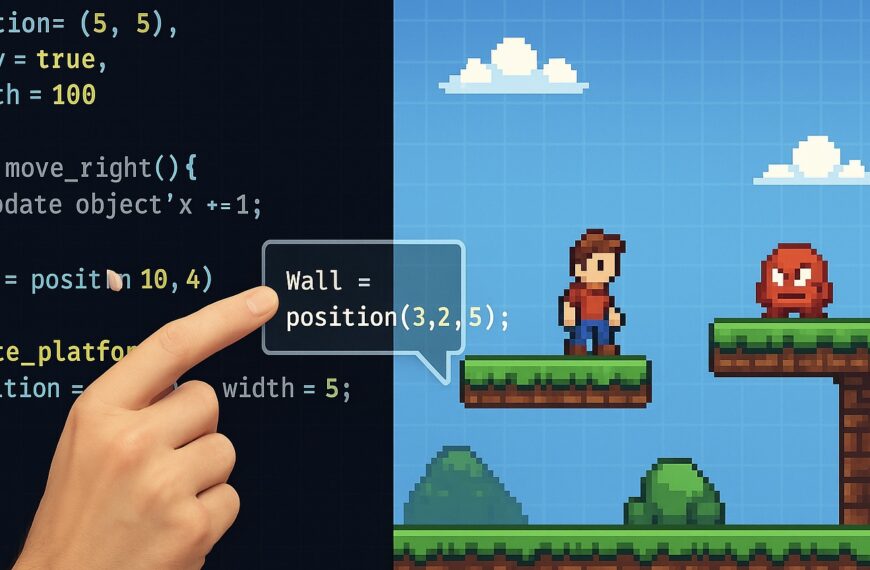NPCs have always been part of games—but they’ve never really felt like part of the world. They repeat lines, stand in place, and respond the same way every time. But that’s beginning to shift. With recent advances in AI, some characters are starting to act less like scripted props and more like people who are aware something’s not right.
They’re Starting to Talk Back

Ubisoft’s experimental project, Bloom, features an AI-powered character that responds in real time to player input—unscripted, unprompted, and sometimes introspective. The idea isn’t to replace writers, but to explore what happens when NPCs feel present rather than prewritten. The results are uneven, but they’re already more flexible than most dialogue trees.
They Remember What You Do

Developers are also building NPCs that hold onto memory across sessions. Using platforms like Inworld, designers can create characters that reference past conversations or respond differently based on your choices earlier in the game. That kind of memory makes them feel more grounded—like they’re part of a living world that evolves alongside you.
It’s Getting Harder to Treat Them Like Code

Some characters react with surprise, frustration, or affection, depending on how you treat them. As those responses become more believable, players start to hesitate. Do you lie to a character who remembers it? Do you kill one who just asked you for help? A piece in Vox explored what happens when characters mimic real emotion—enough that people start to second-guess their own behavior.
It’s Already Changing the Industry

Dynamic dialogue doesn’t just shift how games feel—it’s changing how they’re made. Some studios are reducing writing and QA roles as AI tools take over parts of the content pipeline. Fast Company highlighted how developers are already restructuring teams to account for AI’s growing role, especially around character interaction.
Where It Goes From Here

As NPCs become more responsive, they stop fitting into fixed roles. Writers won’t be able to predict every conversation, and players won’t always know what to expect. Some research suggests that future NPCs could take on co-creative roles—responding to player behavior in ways that shape not just dialogue, but entire story arcs. A recent paper on arXiv outlines how these systems are already being tested in narrative prototypes.

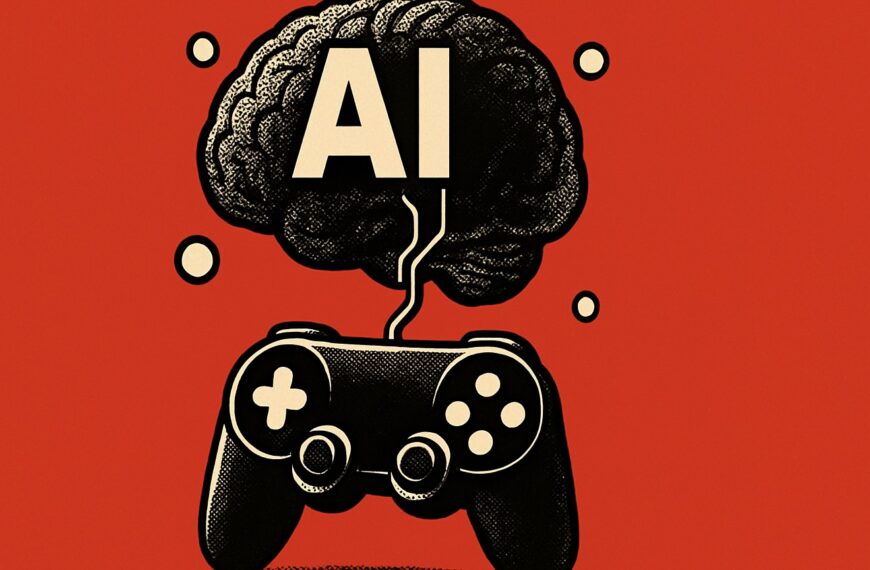
 By
By
